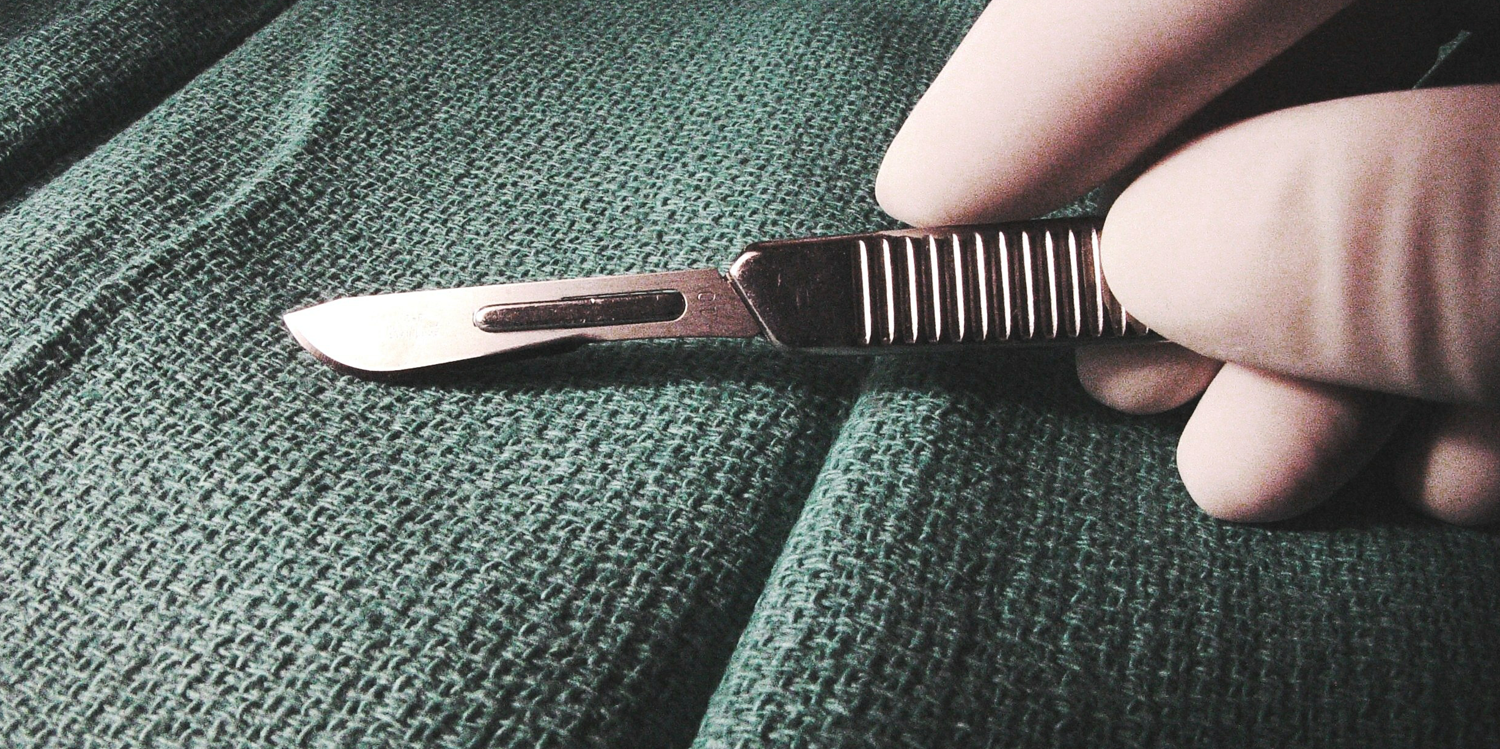If there is one person you want to have the steadiest hands in the hospital, it is the surgeon.
The good news is research shows they do have the steadiest hands, but also the pottiest mouths.
New research published in the Christmas edition of the British Medical Journal show surgeons were quicker and more successful at completing a children’s buzz wire game than their colleagues.
However, their coping methods under stress were definitely not suitable for children as they were more likely to swear when frustrations ran high.
To complete the game surgeons and other staff at a hospital in England had to pass a looped metal wand from one end of a twisted wire path to the other, without touching the wires.
Much like in the game Operation, if the wires touched a loud buzzer noise would sound, and they would have to start again.
Over a three-week period 60 doctors, 64 surgeons, 69 nurses, and 61 non-clinical staff – 254 in total – put their fine motor skills and dexterity to the test.
To add even more pressure, no practice runs were allowed, and they were timed.
In total 84% of surgeons completed the game within five minutes, compared to 57% of doctors, 54% of nurses and 51% of non-clinical staff.
Surgeons were also quicker to successfully complete the game regardless of age and gender, with an average time of 89 seconds compared with 120 seconds for doctors, 135 seconds for nurses and 161 seconds for non-clinical staff.
Not a group to be beaten, surgeons also lead the way for colourful language by a fair margin.
But while surgeons opted for blue language, nurses and non-clinical staff were the loudest when it came to making noises of frustration.
Around 50% of surgeons swore during the test, followed by 30% of nurses, 25% of doctors and 23% of non-clinical staff.
Frustrated groans, grunts and mutters were heard from 75% of non-clinical staff, 68% of nurses, 58% of surgeons and 52% of doctors.
Researchers said their study highlights the diverse skill sets across hospital staff roles, from surgeons needing fine motor precision while operating to administrative staff rapidly typing without error.
They suggested that either training or innate ability might explain the better performance of surgeons.
“Future training might benefit from incorporating family games to enhance both dexterity and stress management across all specialties,” they wrote.
“Implementation of a surgical swear jar initiative should be considered for future fundraising events.”
However, researchers said the findings were observational, adding that people with previous experience or who consider themselves to be more dexterous may have been more likely to take part.
Other unmeasured factors, such as prevailing stress, fatigue, and caffeine consumption might also have affected performance.


